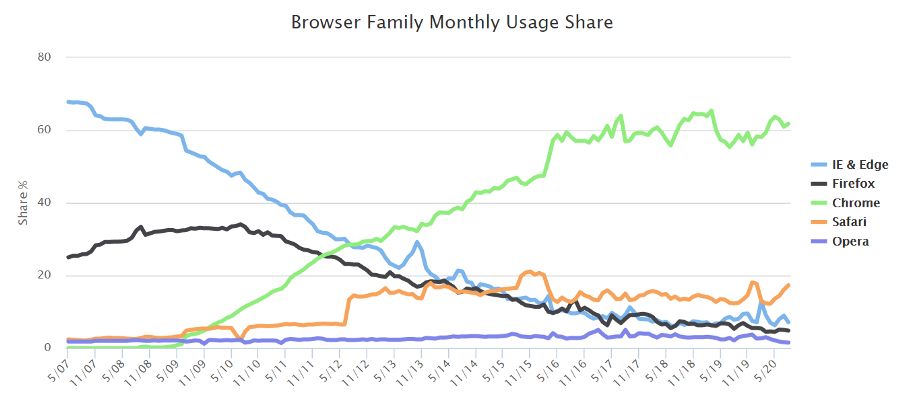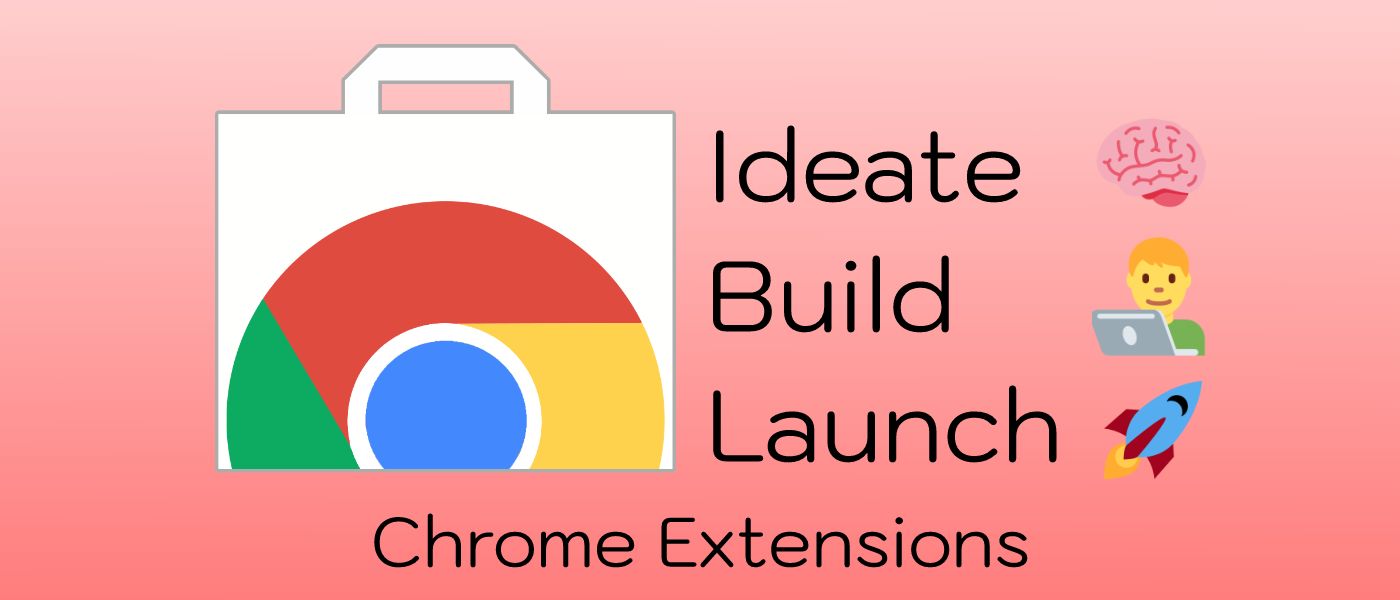While building my first chrome extension, Foragear- Quick Search Tool, I struggled to find an article that covered the entire ideating, building, and launching process of chrome extensions. To make the lives of future chrome extension builders easier, here is an all-in-one guide to help you through the process.
Hopefully, this saves you the time of looking through and synthesizing information from multiple articles.
The article is broken down into the following sections:
- Ideating: why Chrome extensions and what to build
- Building: viewing the code of similar extensions
- Building: Chrome extension architecture
- Building: Chrome APIsBuilding: testing and troubleshooting
- Launching: navigating the chrome web store submission process
Without further ado, let’s dive right into it.
Ideating: Why Chrome Extensions?
Ease of development- A key advantage of building browser extensions is its low barrier to entry. For beginner coders, extensions are generally easier to develop as compared to mobile applications or websites that deliver similar functionality and value.
Personally, a chrome extension was my first ever ‘live project’ and I completed the ideation, building, and launching process within 2 weeks as a beginner.
**Extent of reach- **From the graph below, it is clear that Chrome beats other browsers by a large margin in market share. To maximize the number of users that can download and use your browser extension, it therefore makes the most sense to build for Chrome. Once launched, your extension would be available for download by all Chrome users on the Chrome Web Store.

Why not just launch it on all browsers? That is possible, but you ultimately have to start with one browser, and chrome looks like the best bet. It is also important to note that while extensions may be adapted to work in different browsers, the codebase cannot be copied wholesale and may require significant editing.
If your application makes extensive use of browser-specific APIs, it would be a hassle to adapt it for another browser. Not all browsers may have corresponding analogous API with similar functionalities that you can tap into, and even if such APIs exist, the API functions may look slightly different.
#learning-to-code #software-architecture #web-development #chrome-extension #chrome #coding #tutorial #javascript
